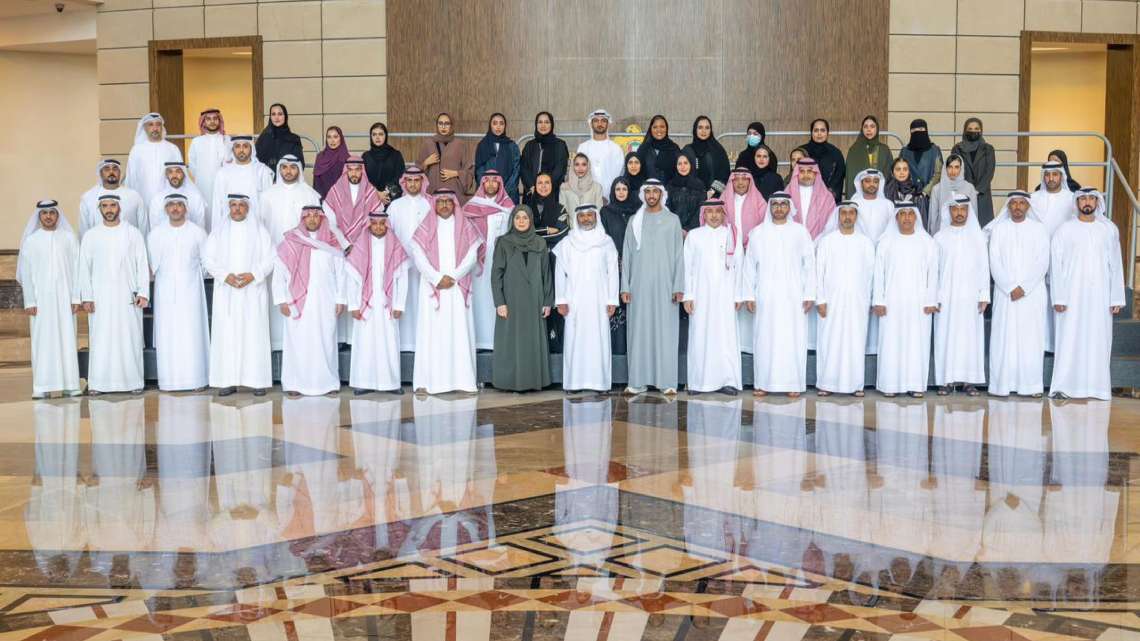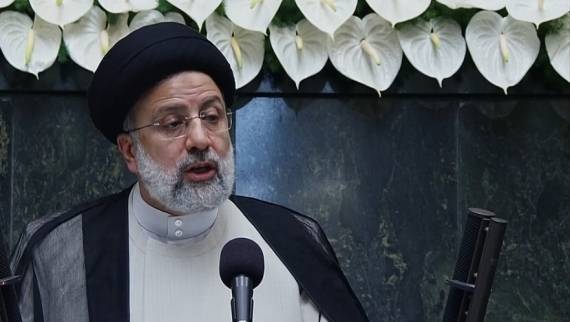The number of so-called “money mules” increased during the pandemic, reports Asian Lite News
The United Arab Emirates central bank sees increased risks of illicit financial flows emerging from the Covid-19 pandemic, including money-laundering and terrorism financing, it said in a report published on Sunday.
The use of unlicensed money service providers for money laundering has increased during the coronavirus crisis last year, the report said, as well as the use of e-commerce to launder money.

“Widespread lockdowns have resulted in a significant surge in e-commerce. Due to limited ability to move funds and goods during the pandemic, illicit actors are turning to e-commerce as a money laundering tool”, it said.
The number of so-called “money mules” – people who receive illicit funds into their bank accounts to hold or withdraw and wire elsewhere, taking a commission for their services – increased, the bank said, with accounts in the majority of cases belonging to low income individuals from Africa and Asia.
The bank identified fraud risks linked to the pandemic such as companies or individuals submitting false claims to qualify for government stimulus support measures.
“As we continue to monitor and learn more about the spread of Covid-19 in our communities, we have recently observed heightened external fraud threat, especially with cyber criminals exploiting both traditional and digital channels, to remotely perpetrate cyber-enabled fraud attacks at scale in a rapidly evolving environment”, the bank also said.
The report comes as the central bank steps up efforts to combat illicit financial flows.
The Financial Action Task Force, an intergovernmental anti-money laundering monitor, said last year that “fundamental and major improvements” were needed to avoid it placing the UAE on its “grey list” of countries under increased monitoring.
New guidance for licensed financial institutions
Last week, CBUAE issued a new guidance on transaction monitoring and sanctions screening for its licensed financial institutions (LFIs).
The Guidance aims to promote the understanding and effective implementation by LFIs of their statutory anti-money laundering and combatting the financing of terrorism (AML/CFT) obligations.
The guidance has come into effect on 13th September and requires LFIs to demonstrate compliance with CBUAE’s requirements within one month from said date.
ALSO READ: Abu Dhabi Chamber Chief Lauds UAE’s progress
LFIs are obliged to develop internal policies, controls, and procedures that are commensurate with the nature and size of their business that are approved by their senior management, to enable them manage their identified money laundering and financing of terrorism risks. LFIs must also put in place indicators to identify suspicious transactions and activities in order to file suspicious transaction and activity reports or other report types to the UAE’s Financial Intelligence Unit.
In addition, LFIs are obliged to regularly screen their databases and transactions against names on lists issued by the United Nations Security Council and its relevant Committees (UN Consolidated List) or by the UAE Cabinet (UAE Local Terrorist List) before conducting any transaction or entering into a business relationship with any client, whether it is individual or corporate.

As stipulated in the guidance, LFIs should establish and maintain effective transaction monitoring and sanction screening programs consisting of a well-calibrated risk-based framework, training and awareness of their employees and active oversight by their board. In addition, LFIs should ensure the ongoing enhancement of their transaction monitoring and sanctions screening systems based on their risks. The systems, including the relating monitoring and screening models used should be subject to independent testing, validation, and auditing.
Khaled Mohamed Balama, Governor of the CBUAE, said, “As we continue to enhance the effectiveness of AML/CFT measures to safeguard the UAE financial system, we expect licensed financial institutions to fulfil their duties as well. This guidance serves as a key point of reference for licensed financial institutions to ensure their compliance with AML/CFT requirements.”













